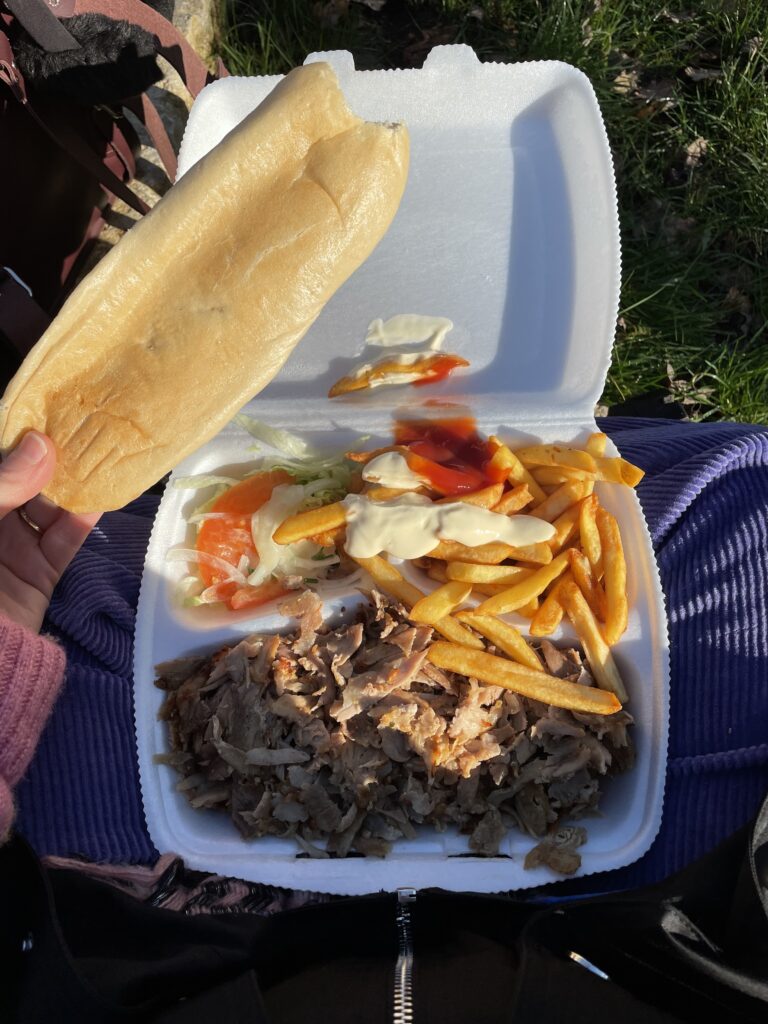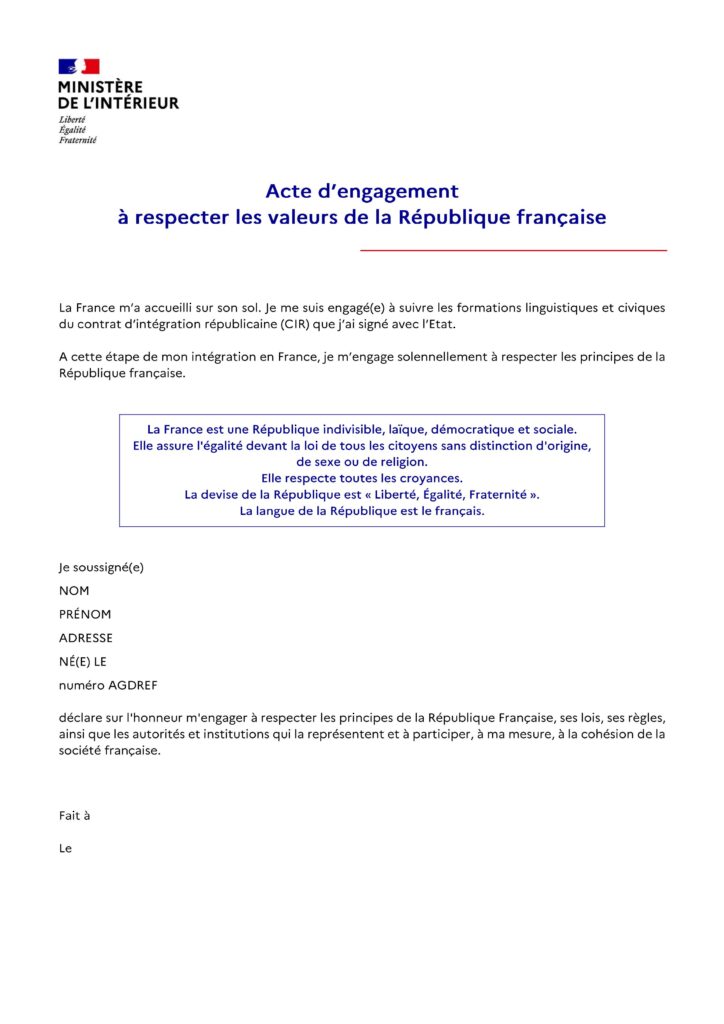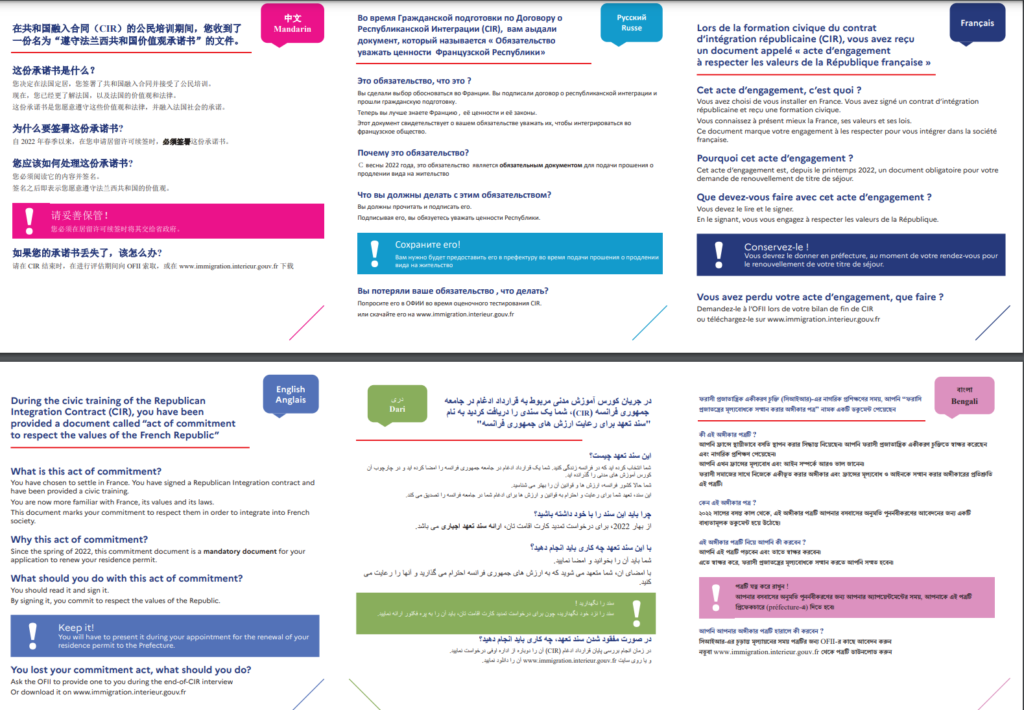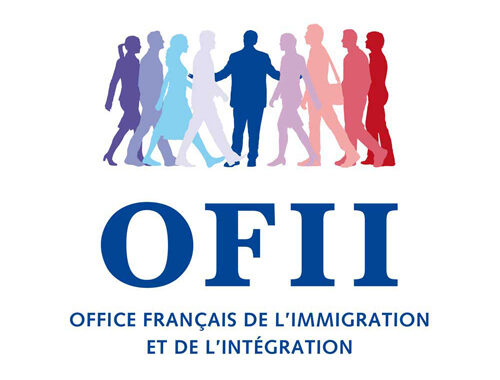Not only did my integration process take a long time, it is still not finished. Either I am extremely unlucky, or I just move too much. You decide. Below is an update about my integration process and my experience with the formation civique in 2021/22.
The last time I wrote about the integration process in 2020, I was waiting for my new convocations to my formation civique and to change over to the OFII of Eure-et-Loir. At this time, I already successfully renewed my visa to a carte de séjour.
Finally, after a long ass time, I received convocations to complete the first two days of the civic courses. Something I could actually attend. It only took a year, but you know how France goes.
La Formation Civique (Civic Courses)
The formation civique is a four-day class integral to your integration process and to completing the duties related to your CIR.
There are two main themes: France’s history and integration into society (e.g., healthcare, employment, housing, parenting).
My Experience
The first two days of my formation civique took place in July of 2021. They did not take place at the OFII offices, but in an education center called INSTEP. It is important to note that the professors in the center are not affiliated with the OFII.
INSTEP is located near Chartres, in Mainvilliers, in the middle of an industrial zone in a nearly unmarked building. I feel so bad for those coming from outside of Chartres without a car. For instance, from where I live in the countryside to this place. For me, it would take three buses and two hours of travel time (and is worse during school vacation). I do not understand how there is not a more convenient location for those outside of Chartres.
How the Days Went
We were about twelve and the courses were held from 9:15 to 4:30 with two 10-minute breaks. We also had 1 hour for lunch; the meal was a kebab (or vegetarian option) accompanied by a dessert and a drink. At this time, we were not allowed to eat inside due to COVID. You can bring your own meal if you wish, but the OFII pays for your meal each of the four days.

MIAM? IDK
The classes take the form of a PowerPoint. In terms of approach, felt there was little structure, and things were a bit all over the place. We jumped from theme to theme and the prof asked us if we had done any of these things already, then practically skimmed over the topic. However, I do commend the prof for being very good at trying to understand peoples’ specific conditions and to make personal recommendations for them.
There was a range of people with different proficiencies in French, so that is always interesting. From what I understood, many would go to INSTEP for their mandatory language courses.
Overall, it reminded me of high school, with the people who genuinely did not want to be there. This is a shame because people did not take the class seriously even though it is something quite important.
The Takeaway
Although I feel the parts including the values of the republic, geography and history of France were valid, it was much too late in our first year of the visa. We have accomplished most of these steps already. I feel as though most people in the class had already been in France for some time. We all would have benefited from this much earlier in the process. As well, I personally would prefer to cover each topic separately, dividing each theme into the four days.
Main Topic 1: France: its Values & its History
This topic is the “valeurs de la République,” or the Republican values. That is to say, “liberté, egalité, fraternité” (liberty, equality and fraternity) and how they are reflected throughout French history and law, such as laicism.
The government allows you these rights, but you must uphold your part of the societal contract through your obligations (paying taxes, voting, etc.) This is commonly known as the “droits et devoirs” (rights and obligations).
Essentially, you must partake in society to benefit from it.
Along with this overarching theme comes some history: statistics, geography, important dates and people. You can find all of this information summarized in the Livret du Citoyen (in French).
Main Topic 2: Integration & Society
This part focuses on four main themes concerning healthcare, employment, housing and parenting. I imagined one day per theme, hence four days of courses. I was wrong; as previously stated, they were all mixed together.
Here is a quick overview of the topics:
Healthcare
We learned about our rights to healthcare in France, including how to apply for a social security number. We learned about doctor-patient privilege and reimbursement of care, along with the possible importance of having a “mutuelle” (private insurance).
Employment
We spoke about the difference between temporary employment (CDD) and indefinite contracts (CDI) as well as the rights accompanying such contracts. Workers’ rights along with pay equality were also addressed. She explained our ability to contribute to, and access, continued training via the CPF (Compte personnelle de Formation). Developed by the government, the CPF is an allotment of money that you are able to use for approved professional training programs; you contribute to this via your taxes. The money in your CPF can be used to take classes or to even get your license.
Our prof stressed the importance of language proficiency and employment as a way of successful integration. Following this was a discussion of the resources available for finding a job, or to get help finding one. Later, we were asked to review different CV’s as well as how to do a job interview. She also spoke about “attestations de comparabilité” (equivalization of degrees), which is done via the Centre Enic-Naric.
Housing
Housing in France is tricky. We learned about what is illegal, how much you should be paying for housing (1/3 of your salary) as well as how to get access to housing. This is a vicious circle as you need a job (typically a CDI) to rent as well as a deposit (and sometimes a guarantor) and, of course, a bank account- which you need an address to open.
Our prof spoke to us about social housing, commonly referred to as HLM (Habitation à loyer modéré), a form of low-income housing and how to apply for it.
Parenting
This is the government’s newest addition to the civics courses. The rights of children and their education are the main theme. We learned about certain laws, such as circumcision is illegal, and that children must attend school from age 3, are addressed. An important factor is the parents’ contribution to school life, the equality between parenting roles, and their reinforcement of France’s principles and values in respect to their children.
Why the Formation Civique is Important
Along with a greater appreciation for why things are the way they are, you now have access to key information that may lead to an easier integration process. Also, if you need help with one of these steps, and knowing how helpful and unresponsive most government systems here in France are, this is the best time to get answers–so don’t be afraid to ask the questions!
As well, the attestations of presence you receive at the end of each class are essential to finish your CIR. You cannot receive your next carte de séjour without them. Therefore, this hinders you in your pursuit of French nationality (if you choose to do so).
The topics discussed in the French history and culture section are especially important if you want to obtain naturalization by decree or nationality by marriage. During this process, you undergo an interview in which they will ask questions pertaining to this section. Again, all of the information is available in the Livret du Citoyen (in French).
At the end of each class, you will get a paper attesting to your presence. Keep these because you will need them later.
You will receive a paper called the “Acte d’engagement à respecter les valeurs de la République” (pictured below) which you must sign and date. Essentially, it states that you will respect the values of the Republic and its laws, as well as all authorities and institutions representing it, and that you will do your best to participate in the cohesion of French society. Again, keep this. You will need it for your visa renewal. But if you lose it, you can find it here. Along with this, you will get an explicative flyer (pictured below) detailing what the act is and why it exists.


What to Bring
- The Convocation
- Your VLS-TS, validation page and ID (or carte de séjour)
- A pen and paper
- Drink or other items you may need (lunch if you do not want the provided meal)
I hope you found this information useful or interesting.
How was your experience with the OFII? Let me know in the comments below.
Bisous,
Rose
A support unit has been set up at the Directorate-General for Foreign Nationals in France:
phone number: 0806 001 620 (free call from a landline or if the mobile plan includes calls to a landline)
online contact formula: here
e-mail: dgef-support@interieur.gouv.fr


Well this was very informative. Thank you for lifting the vail!